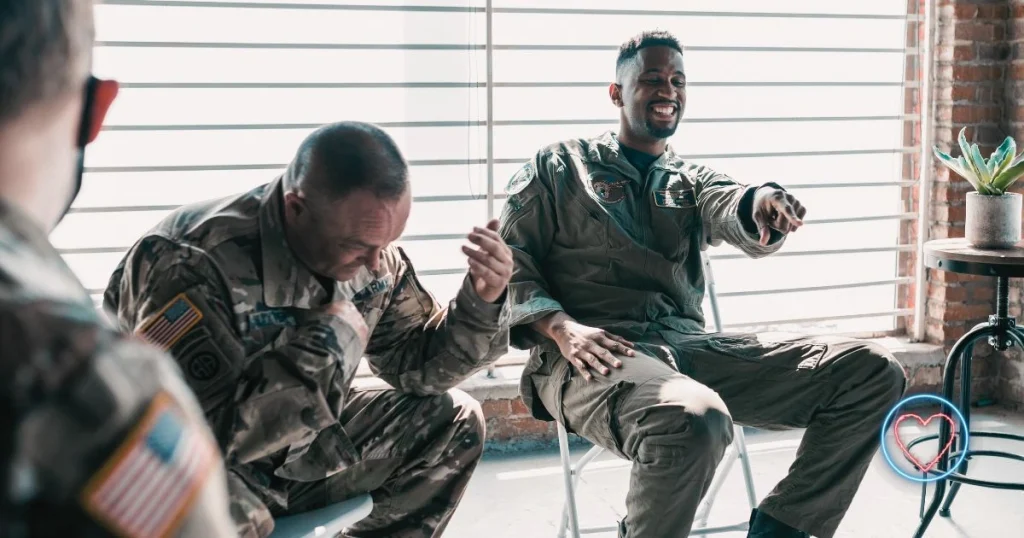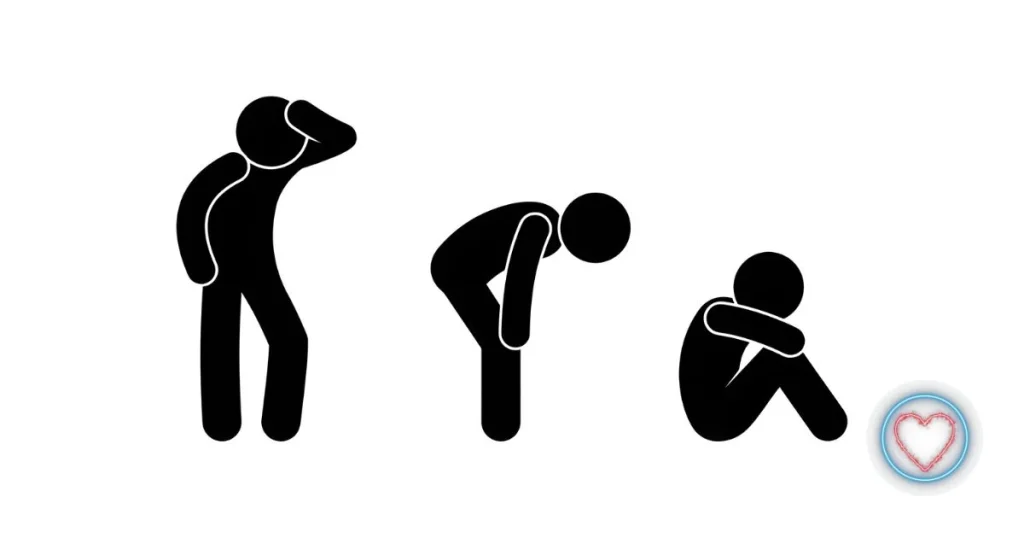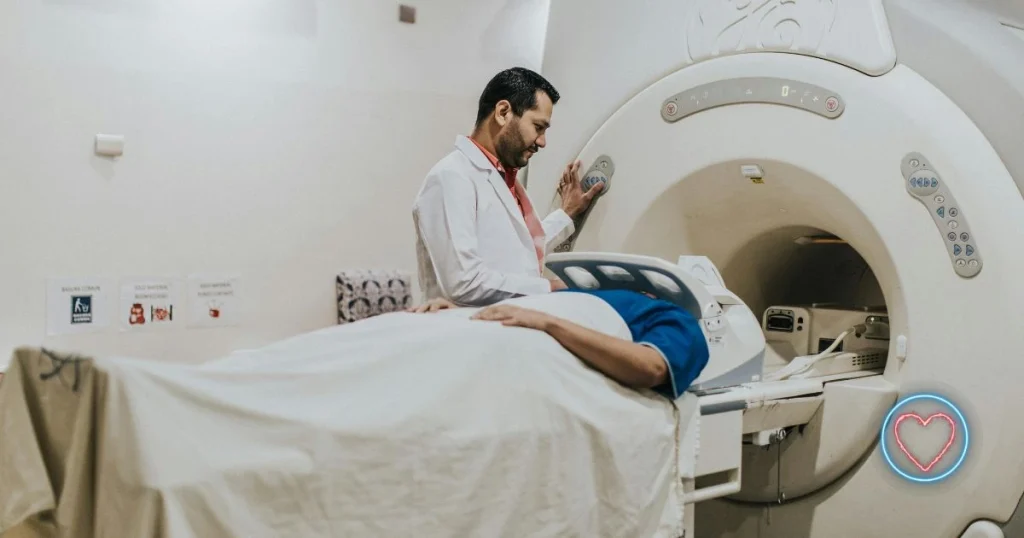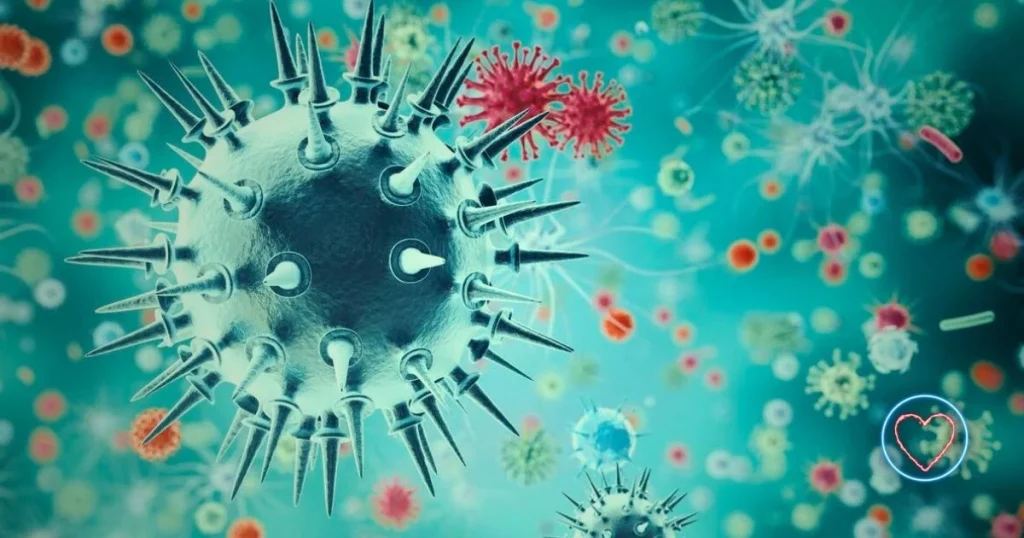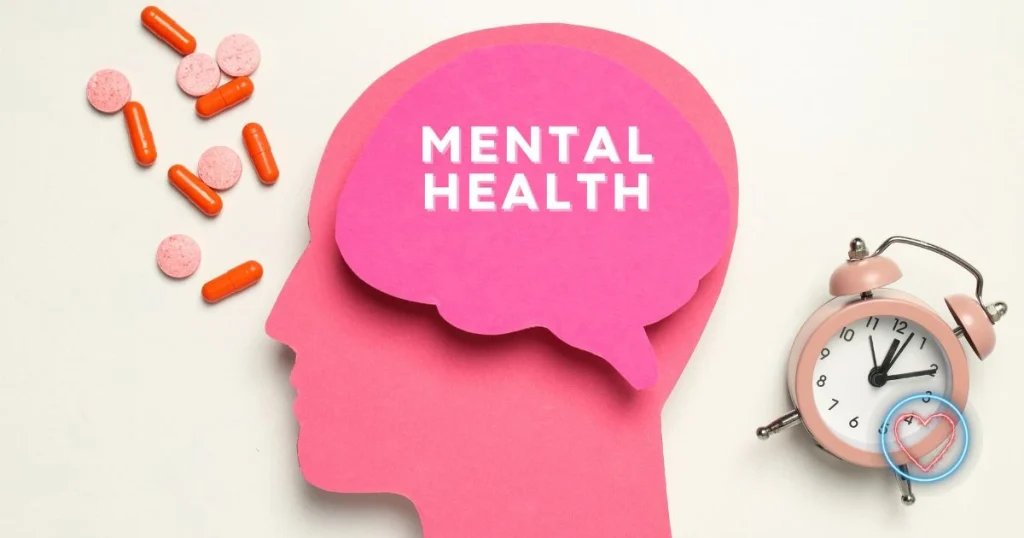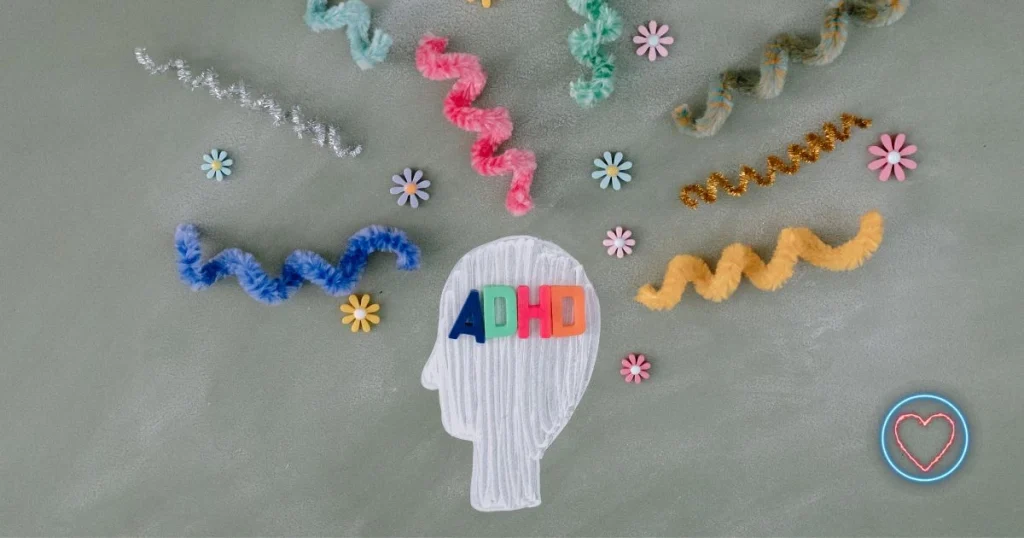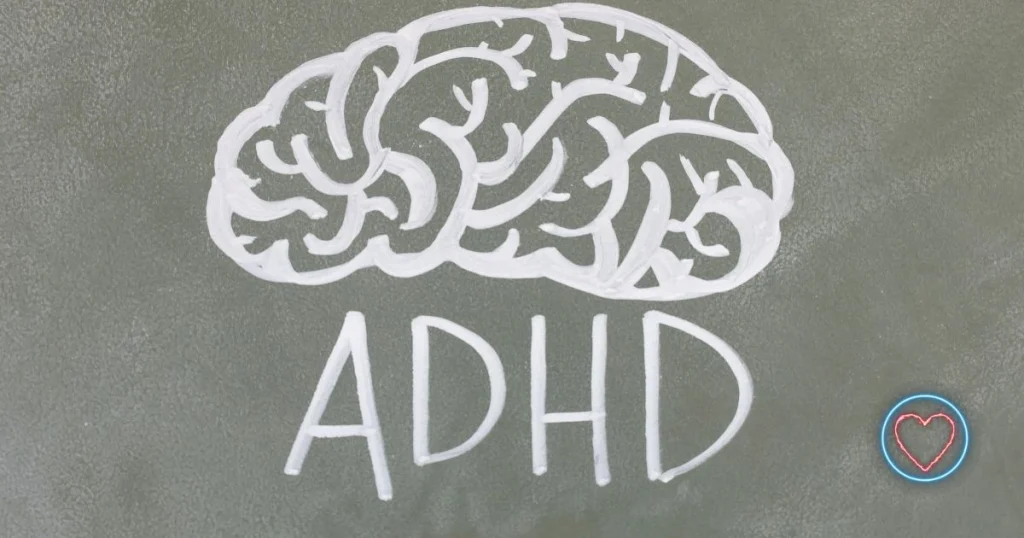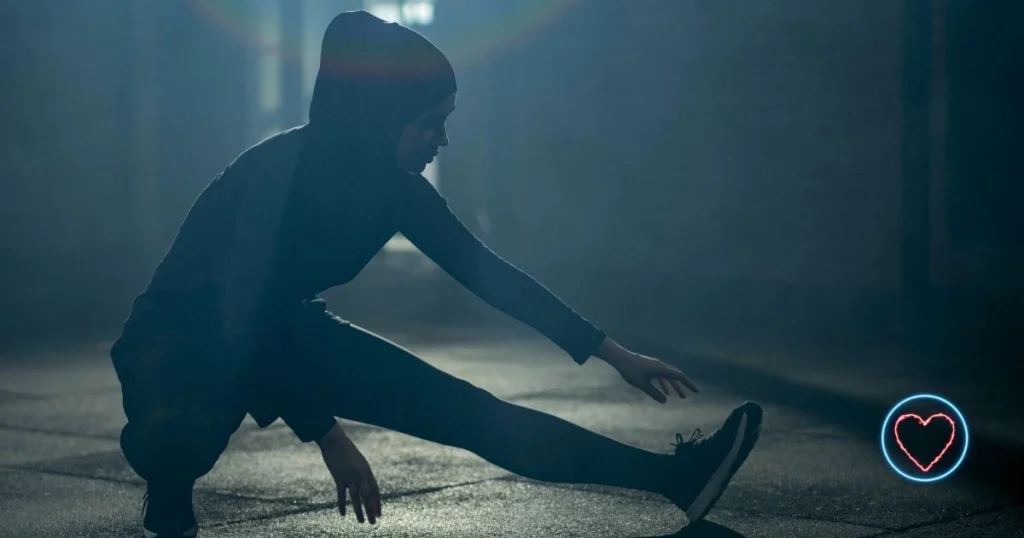Introduction
When the uniform comes off, the battle doesn’t always end. For many veterans, transitioning from military service to civilian life can trigger an array of mental health challenges, from post-traumatic stress disorder (PTSD) to depression, anxiety, and substance use. While society rightly honors veterans for their service, there is a critical need for more robust and accessible mental health support systems. The health of our veterans is not just a private concern—it’s a national responsibility.
This article explores the mental health struggles faced by veterans, the available support systems, and the gaps that still need urgent attention. Through understanding and advocacy, we can help create a culture that not only celebrates veterans but also truly supports them in their healing.
The Mental Health Crisis Among Veterans
The statistics are sobering. According to the U.S. Department of Veterans Affairs (VA), around 11–20% of veterans who served in Operations Iraqi Freedom and Enduring Freedom have PTSD in a given year. Veterans of the Gulf War and Vietnam War report similarly high rates. Beyond PTSD, many face depression, traumatic brain injuries (TBI), suicidal ideation, and substance abuse.
The veteran suicide rate is particularly alarming. In 2022, the VA reported that approximately 17 veterans die by suicide each day. Though the numbers fluctuate, the underlying issue persists: veterans are at a significantly higher risk for suicide compared to the general population.
The reasons are complex. Combat exposure, survivor’s guilt, difficulty reintegrating into civilian life, and the stigma surrounding mental health can all contribute. For many veterans, admitting the need for help feels like a betrayal of the stoicism and strength instilled during service.
Barriers to Mental Health Care
1. Stigma and Cultural Norms
One of the most pervasive barriers is stigma. Many veterans are trained to be self-reliant and emotionally resilient, which can make acknowledging mental health struggles feel like weakness. This ingrained mindset often deters them from seeking help, even when they know it’s necessary.
2. Access and Availability
While the VA provides a range of mental health services, geographic limitations and bureaucratic delays can restrict access. Rural veterans, in particular, often struggle to find nearby facilities or providers. Additionally, navigating the VA system can be overwhelming, especially for those with cognitive impairments or PTSD.
3. Transition Challenges
Leaving the military means leaving behind a structured environment, camaraderie, and a sense of purpose. This can trigger feelings of isolation and identity loss, especially for those without strong support networks. The absence of guidance during this transitional period can worsen mental health outcomes.
Types of Mental Health Support Available
1. Veterans Affairs (VA) Services
The VA remains the cornerstone of mental health support for veterans. It offers services ranging from outpatient counseling to inpatient psychiatric care. Specialized programs include:
- PTSD Clinics
- Military Sexual Trauma (MST) Support
- Substance Use Disorder Treatment
- Vet Centers: Community-based counseling and outreach
Despite its bureaucratic challenges, the VA has made strides in telehealth, offering virtual therapy to reach veterans in remote areas.
2. Nonprofit Organizations
A range of nonprofits work to supplement VA services:
- Wounded Warrior Project: Offers mental health workshops and retreats.
- Give an Hour: Provides free counseling from licensed professionals.
- Team Rubicon: Uses service projects to help veterans find purpose and community.
- Headstrong: Offers trauma-informed care specifically designed for veterans.
These organizations often operate more nimbly than government agencies, bridging critical gaps in care.
3. Peer Support Groups
Veterans often find healing through shared experiences. Peer support groups, whether in-person or virtual, allow them to connect with others who understand their struggles firsthand. These groups reduce isolation and offer a safe space for honest conversation.
4. Mobile Apps and Teletherapy
Digital health solutions are playing a growing role. Apps like PTSD Coach (developed by the VA) and BetterHelp’s veteran outreach program offer confidential, accessible mental health support. Teletherapy platforms have made it easier for veterans to seek counseling discreetly and consistently.
Emerging Approaches and Innovations
1. Service Animals
Specially trained service dogs have proven effective in reducing symptoms of PTSD and anxiety. These animals provide emotional support, reduce hypervigilance, and help veterans re-engage with the world.
2. Psychedelic-Assisted Therapy
Recent research has explored the use of MDMA and psilocybin in treating PTSD and depression. Clinical trials show promising results, with some veterans reporting profound emotional breakthroughs. While still not widely available, this represents a frontier in mental health treatment.
3. Equine and Adventure Therapy
Programs that involve horse care, wilderness survival, or team-based physical challenges have shown mental health benefits. These therapies promote trust, mindfulness, and camaraderie—often without the clinical feel of traditional counseling.
What’s Still Missing?
1. Proactive Outreach
Many veterans never seek help until they’re in crisis. A proactive system—one that checks in regularly and offers preventative mental health services—could reduce this wait-until-it’s-broken approach.
2. Integrated Care Models
Mental health often intersects with physical health, employment, and housing. Integrated care that treats the whole person, rather than isolating mental health, can lead to better outcomes.
3. Support for Family Members
Families are the frontline caregivers for many veterans, yet often feel ill-equipped and unsupported. Counseling and education for spouses and children can create a more stable home environment for recovery.
4. Better Data and Accountability
Despite investments, it’s still difficult to track which programs work best. Enhanced data collection and public accountability could help optimize resources and fund the most effective initiatives.
Voices from the Front Lines
Veterans’ own words best capture the reality of mental health struggles. Here are a few anonymized testimonies:
- Mark, Iraq War Veteran: “I didn’t think I had PTSD. I just thought I was angry all the time. My wife begged me to get help. I was lucky—my local Vet Center saved my marriage.”
- Tina, Former Marine: “I was sexually assaulted during my deployment. For years I kept it buried. Therapy through the VA’s MST program helped me reclaim my life.”
- Carlos, Vietnam Veteran: “Back in my day, no one talked about mental health. I drank to forget. It wasn’t until I met other vets in a support group that I realized I wasn’t alone.”
A Call to Action
Our nation asks everything of its service members. In return, we must ensure they receive everything they need when the mission ends. Mental health support for veterans is not just a medical issue—it’s a moral imperative.
Here’s how you can help:
- Advocate for better funding and policy reforms for the VA.
- Donate to nonprofits providing mental health services to veterans.
- Listen when a veteran opens up. Sometimes, the greatest gift is simply being heard.
- Volunteer at local veteran centers or outreach events.
Conclusion
Veterans are among the most resilient members of our society, but even the strongest warriors need support. The fight for mental wellness should not be theirs to bear alone. By recognizing their struggles, breaking down barriers, and offering compassionate, comprehensive care, we can honor our heroes not just in words—but in action.
Because when we fight for their mental health, we’re not just saving minds—we’re saving lives.
